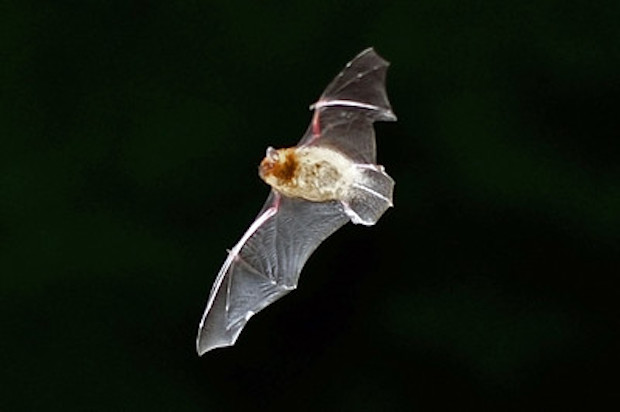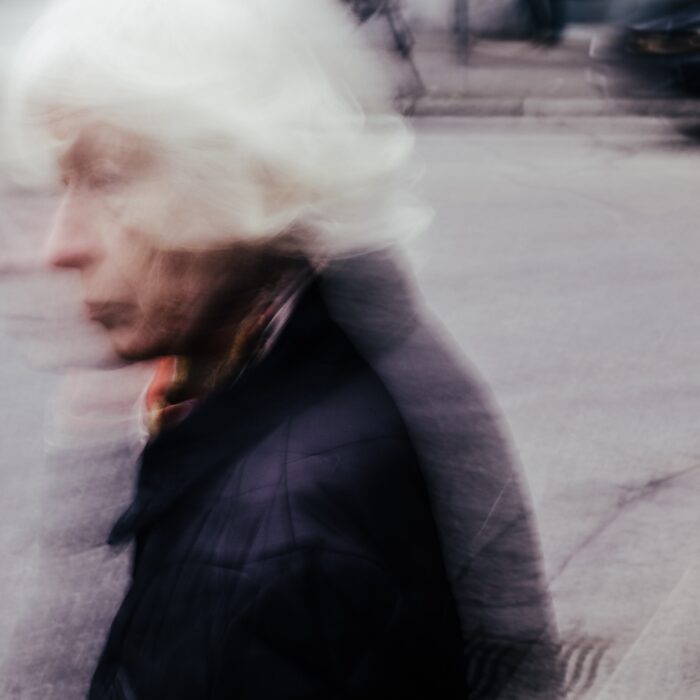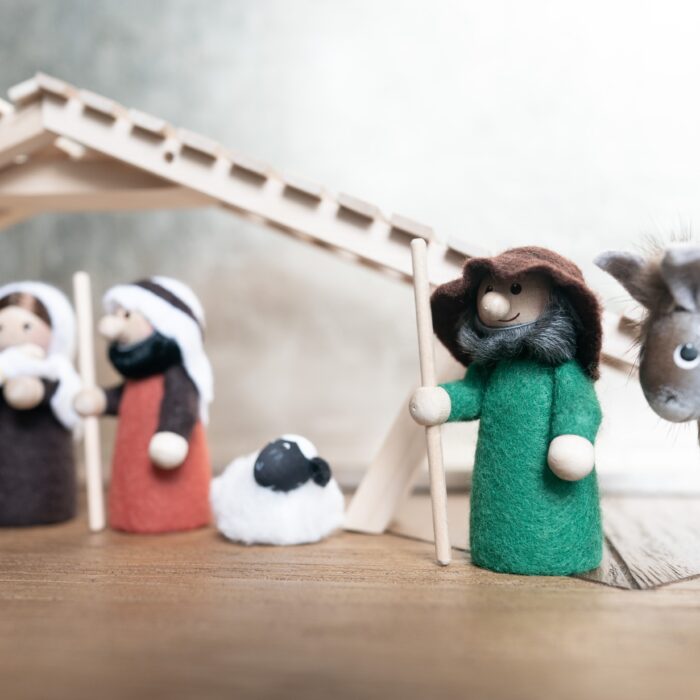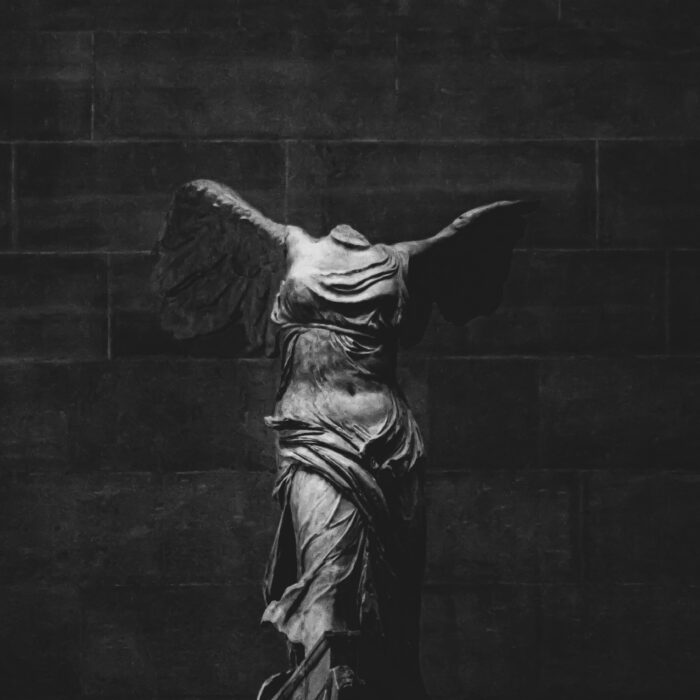You have no items in your cart. Want to get some nice things?
Go shopping
Photo by dingopup
The Bat was the guest of honor at The New Yorker literary festival that year. The Bat was scheduled to entertain a Q&A after a reading from its debut novel. The novel’s content had been a closely guarded secret, and its editors were sworn to secrecy. But suspicions and spurious leaks abounded, making the reading the hot literary event of the year.
The ticket holders came from all walks of life: psychologists, zoologists, artists, politicians, and business executives. How delightful to peer across the hedges into another’s consciousness! How strange and edifying!
There were innumerable theories about the novel’s content and diegesis. Of course we all know what echolocation is, but what must it be like to have echolocation? We love to imagine we have wings, but even in the most vivid daydream they stay curiously detached, grafted onto us as an afterthought.
The New Yorker’s chief editor was aware of all of this: he wasn’t stupid. In the green room he worked to extract every possible detail he could from The Bat’s appearance. Did that sloping, furred face suggest a penchant for Slavic melancholy? Had those bulbous eyes beheld God? He caught himself: here he was, tidily partitioning The Bat into boxes of his own making.
The Bat and editor exchanged the typical pre-interview pleasantries, but The Bat had a reputation for being aloof and evasive. After some jokes about guano being “off limits,” the pair occupied opposite corners of the green room and nibbled on hors d’oeuvres until they were waved onstage.
The palatial auditorium was reverently silent as The Bat clumsily mounted the high stool that had been set before the podium. It placed a pair of half-moon spectacles on its snout and flashed the crowd a toothy grin. The glasses were a prop of course; the book was written in Braille. The crowd chuckled until The Bat held up a nub of a thumb. The New Yorker editor felt seasick. A hush fell over the crowd.
“What I am about to read,” The Bat said, “is the result of years of hard work and careful observation. After countless edits, revisions, and soul-searching I know that this was the book I was born to write. I’m privileged to share it with you tonight.”
The Bat’s book was named A Most Vexed Parsonage. It was a competent comedy of manners set in 18th-century England. Echolocation and flight did not feature prominently, or even tangentially, in the quoted excerpt.
After a lengthy pause, The New Yorker editor asked whether The Bat had felt some kind of connection to the characters in his story.
The Bat took pains to establish that its writing has always “religiously eschewed” the autobiographical. “However,” It allowed, “the desires and motivations of my characters seem to me to be quite universal. That fact has helped me survive the perilous task of writing believably about the past.”
The editor asked what other bats felt about their fellow bat’s success.
The Bat didn’t socialize with most of the people it went to school with.
Did The Bat see literature as a chance to convey something, anything, profoundly alien to its audience?
The Bat removed its spectacles and polished them.
“In some sense,” It began, “we all speak the same—”
Moving forward, It bumped lightly into the microphone, which emitted an ear-splitting screech of feedback.
The Bat screeched in kind, dropping A Most Vexed Parsonage to the ground and springing into flight, shooting up into the catwalk then lost among the lights. The crowd gasped and then applauded enthusiastically.
Despite the efforts of the entire New Yorker editorial staff, The Bat could not be coaxed out of its hiding place for three hours, long after which the last audience member had left.




